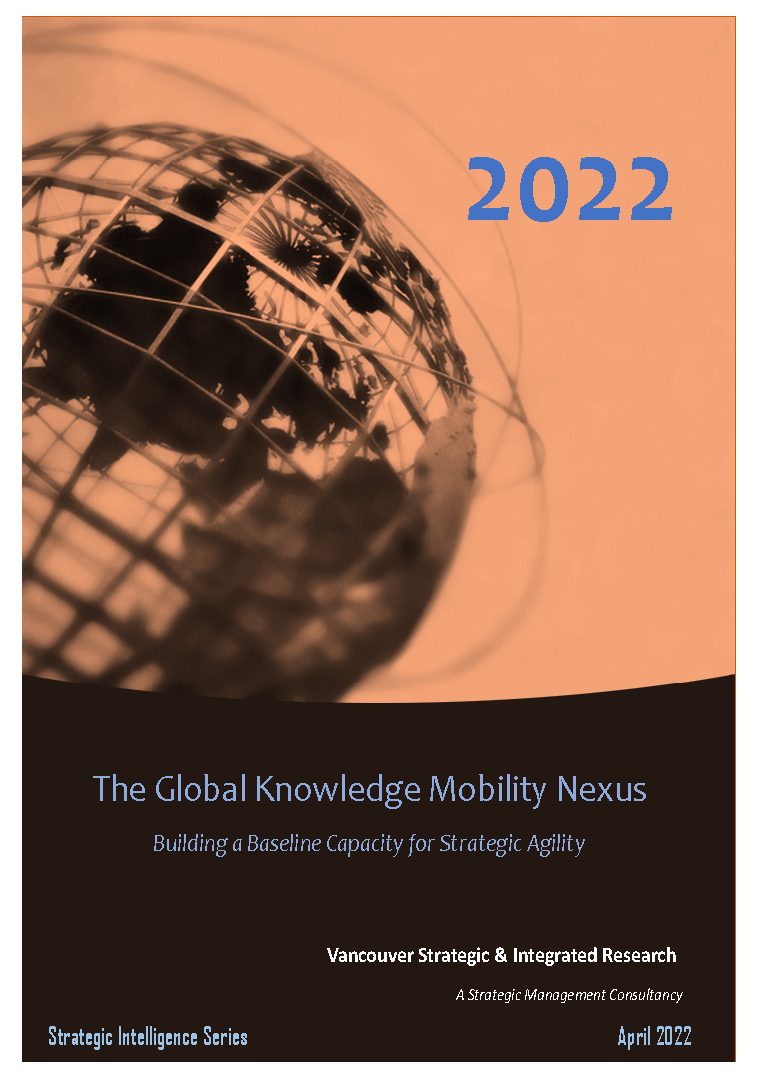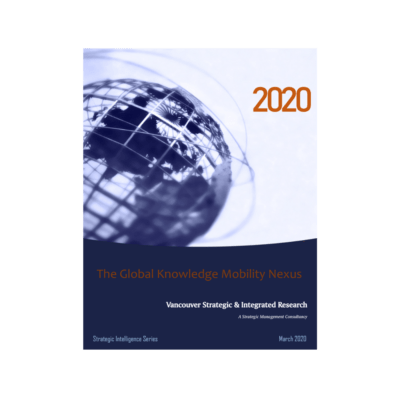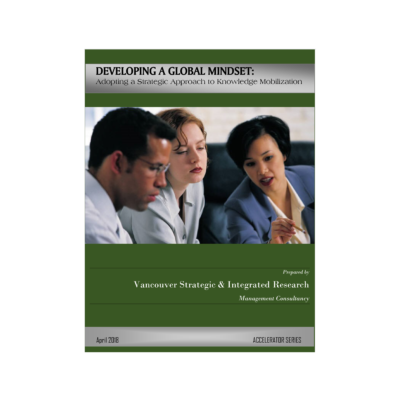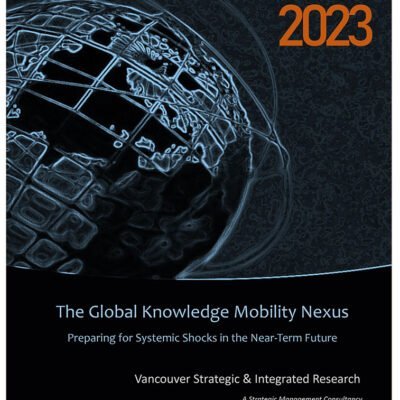Description
The impact of the two-year COVID-19 pandemic on global governance, human mobility, and knowledge mobilization has been extraordinary. At a strategic level, the pandemic emergency highlights the human cost of complacency and inaction. The experience of the global health emergency also highlights the intrinsic value of anticipating “over the horizon” threats and developing response capabilities that are agile, networked, and self-learning.
The Global Knowledge Mobility Nexus (2022) provides a strategic analytic framework that public and private organizations can use to better understand the global megatrends and emerging change drivers most likely to influence high-level policy agendas and major business decisions for the near future. An equally important aspiration is the cultivation of a “future-ready” perspective among local planners, business associations, civil society organizations, think tanks, academics, and community-based leaders.
This year, focused attention is given to understanding the world’s asymmetric transition from the emergency phase to the recovery phase of the COVID-19 pandemic.
How this Strategic Intelligence Brief is Structured
Part One surveys the geopolitical shifts in six world regions that are disrupting global power relations and the traditional understanding of international governance systems. The analysis also considers how engagement on strategic issues like public health security and global mobility conspire to create new sources of geopolitical competition and cooperation.
Part Two reviews the different ways in which various global mobility networks were disrupted in 2021 as result of the COVID-19 pandemic. It also considers how a four-pronged agile governance framework can be used to better understand the reconfiguration of global mobility networks in 2022 and beyond.
Part Three assesses how the COVID-19 pandemic has impacted cities as frontline actors in the global emergency response. Multiple dimensions of contemporary urbanization are examined to gain fresh insight to the strategic role of municipal leadership in managing risks and opportunities in the 21st century.
Cultivating an in-depth knowledge about global megatrends and their complex interconnection is key to emerging stronger and more resilient from the COVID-19 pandemic.




